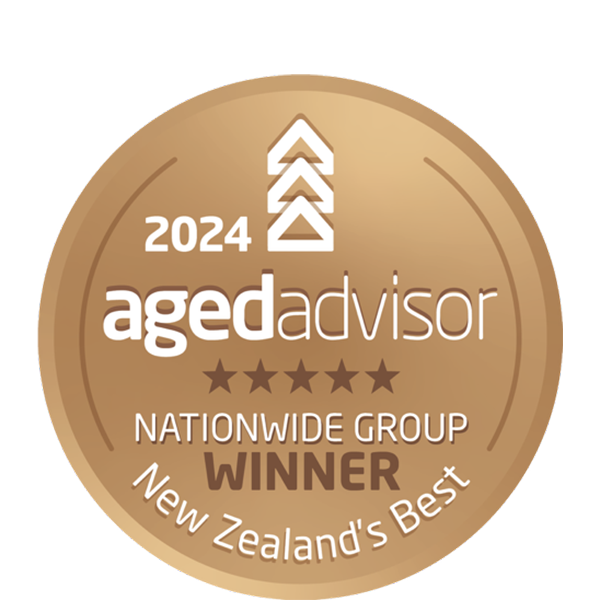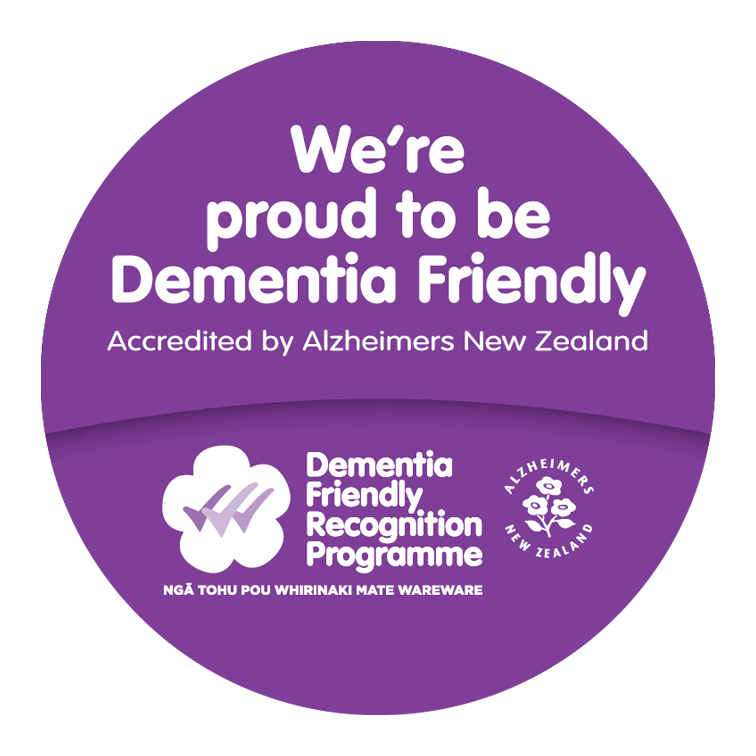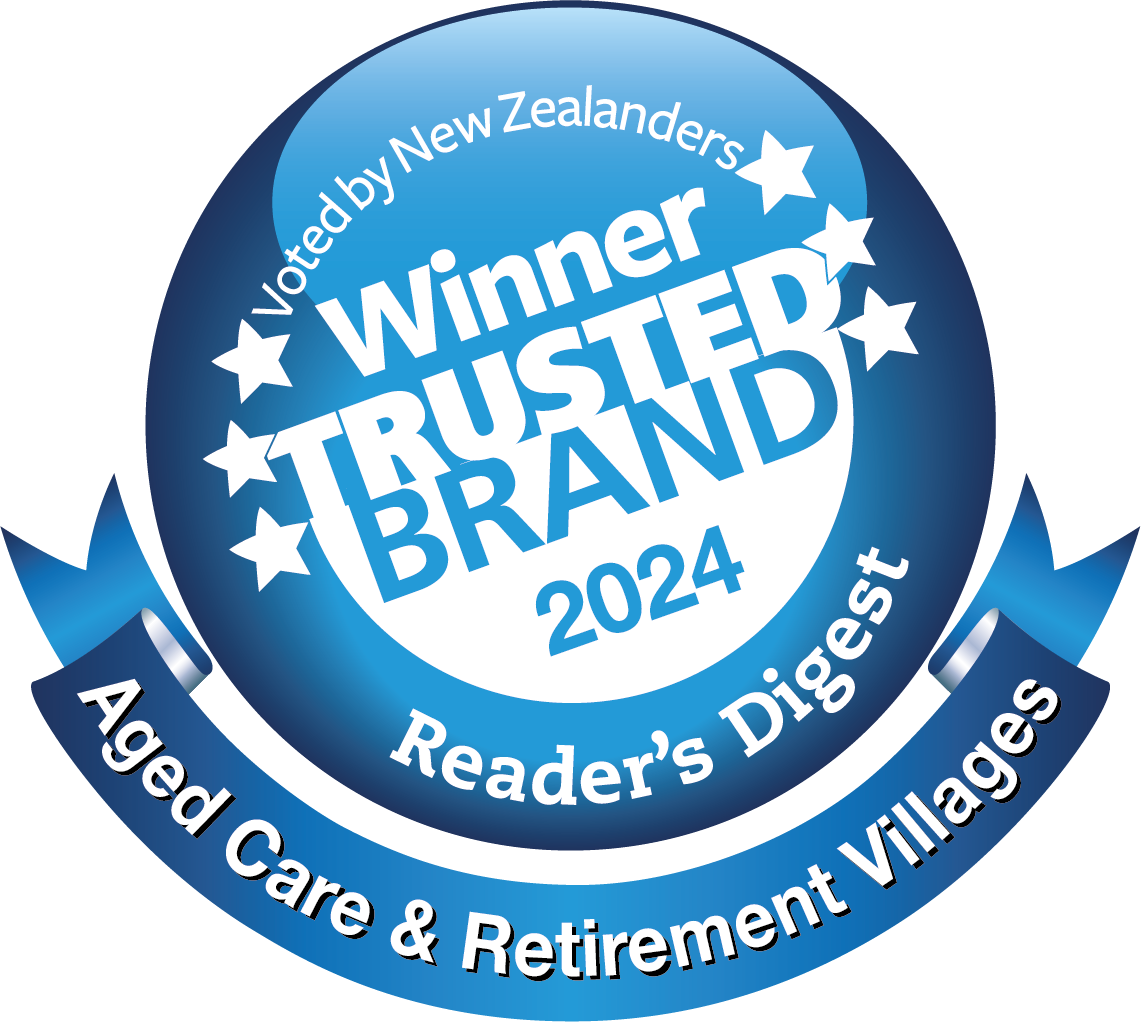
- Home
- Living and care options
- myRyman Life
myRyman Life
Our bespoke model of dementia care
The ambition behind our myRyman Life model was to explore existing research and practices in dementia care so we could forge a way forward. We are doing this by unlocking doors and fostering dementia inclusive communities where people can feel included, safe and fulfilled.
The exploration behind myRyman Life
To observe and engage with people living with dementia so we can gain a true understanding of the lifestyle they want to lead.
To develop training and education that is meaningful, will impact hearts and minds and that aligns with our model of care.
To ultimately define and put into practice what it means to have true quality of life for people living with dementia.
A living, breathing model of dementia care
The myRyman Life model challenges perspectives on dementia and creates inclusive communities where dementia doesn’t define people.
The focus is on experience-based care rather than processes, which enables residents to live in the moment, and to feel kindness, love and security. Where residents are supported to continue doing the things that bring them joy and a sense of fulfilment.
“Our care companion model is about mimicking what a resident would do at home. We do baking, knitting and gardening activities, and it’s about little groups of care so it’s personalised.”
Pooja Karan, Ryman Unit Coordinator – dementia care
The four quadrants of myRyman Life

Demystifying dementia
This explores what dementia is and how it affects a person. Addressing stigma, providing prevention strategies, the importance of dementia-friendly communities, and how to separate conditions such as delirium and depression from dementia.
There are more than 200 different types of d... Read more
This explores what dementia is and how it affects a person. Addressing stigma, providing prevention strategies, the importance of dementia-friendly communities, and how to separate conditions such as delirium and depression from dementia.
There are more than 200 different types of dementia, the most common being Alzheimers, vascular, Parkinson’s, Frontotemporal, Lewy body, alcohol-related and mixed dementia.
To provide the best possible care and quality of life for people living with dementia, we must first understand the different types of dementia. Depending on the type, a person’s levels of resilience, life experiences, support network, and how far their dementia has progressed will contribute to how it affects their brain.
By gaining this understanding we can improve how we engage and communicate with people living with dementia. As a profoundly individual journey we must work to destigmatise dementia so that we see the person and not the diagnosis.
See less
De-stressing dementia
Adapting living spaces encourages easy orientation and independence with everyday activities in life. Effective communication supports lower stress levels and meaningful connections.

Making sense of the world
Understanding that a person’s ability to maintain everyday activities reinforces their sense of self and helps them to feel safe in their environment. Effective care partnerships can support a person to live their own life well.
Many people living with dementia are unable to retain ... Read more
Understanding that a person’s ability to maintain everyday activities reinforces their sense of self and helps them to feel safe in their environment. Effective care partnerships can support a person to live their own life well.
Many people living with dementia are unable to retain short-term memory, with some people losing this to such an extent that they live in what is known as the reminiscence period or reminiscence bump. This can make it difficult to perform everyday tasks and activities or to engage in conversations about recent events.
The care companion component of the myRyman Life model has been developed to support people living with dementia to continue participating in the aspects of life that bring them joy. This involves team members partnering with residents while they take the lead in meaningful activities – these are often passions that residents have enjoyed throughout their lives such as gardening or baking. It’s about ‘being with the resident and bridging the gaps with support where needed, rather than ‘doing’ for them.
By entering the residents’ world, we are moving away from task-based care where we are doing tasks for the resident and moving towards experience-based care where we can support people to live their own lives. Since launching the care companion component at a number of Ryman villages in July 2022 we are already seeing reduced stress levels, improved engagement and reduced medicalisation. The joy and happiness this approach has generated is impacting not only residents but also our dementia care team members.
See less
Quality of life
This helps us to understand that it’s not just about quality of care. It’s about determining what quality of life means to a person. Spontaneity, laughter and fun are central to this.
Through interviews with people living with dementia as well as those supporting others living with dementia, we were able to determine the 10 elements of happiness that are considered the building blocks to a fulfilled life.
myRyman Life Awards
2020 Winner
Asia Pacific Eldercare Innovation Awards |
2020 Finalist
Asia Pacific Eldercare Innovation Awards |
2021 Winner
myRyman Life eLearning tool Plain English Awards |
2022 Finalist
myRyman Life education HRNZ Awards |

THE RYMAN CARE GUIDE
A comprehensive guide of Ryman care options – rest home, hospital, specialist dementia and assisted living.
GET YOUR FREE GUIDE
A GUIDE TO
RYMAN LIVING
Our set of guides are designed to give you an introduction to life at Ryman, and showcase our independent and assisted living options.
GET YOUR GUIDESDEMENTIA FRIENDLY ACCREDITATION
Our villages have gained Dementia Friendly Accreditation as recognised by Alzheimers New Zealand.
Find out more


